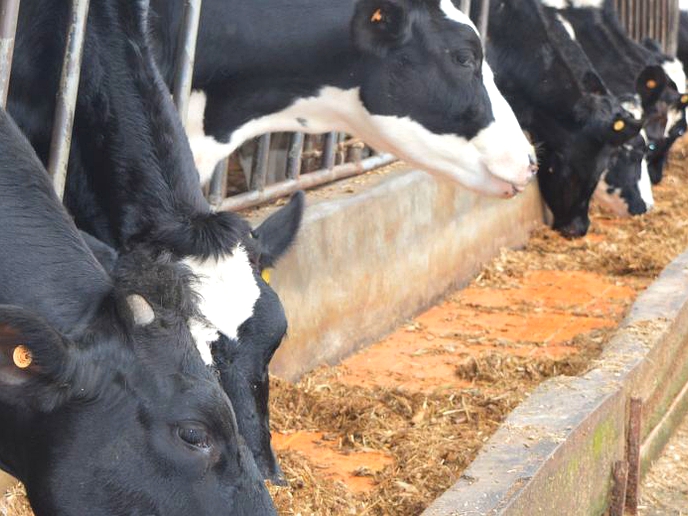Composting your kitchen waste will never be easier. The product itself is not a compost, however, it helps you make a compost in a much quicker way and it assists you to compost, “almost everything,” says Thuso Mosuoane, the National University of Lesotho (NUL) student attached at the NUL Innovation Hub.
business
March 3, 2020
4 min read
NUL innovation hubs’ Moiteli ready to hit markets

Thuso Mosuoane
Moiteli will specifically help those who are struggling with kitchen waste because it assists in decomposing even meat and bone waste which are normally rejected in traditional composting.
So let’s imagine you have already bought Moiteli once it has been released from the NUL Innovation Hub. What will be the difference between using it versus using a normal composting process?
To really get it, let’s say you have a kitchen waste which you don’t want to use as a feedstock for your neighbour’s pigs.
If you followed a traditional composting, you would make a pile of this waste, cover it with soil and shower it continually with water - sometimes working the heap with your garden fork to ensure it gets enough air. You would make sure that animal products, things such as meat and bones, were nowhere near the heap (your neighbours’ pigs are not fully abandoned - after all).
Enjoy our daily newsletter from today
Access exclusive newsletters, along with previews of new media releases.
You would have to be extra-careful that the compost did not contain dangerous micro-organisms (pathogens) which can make it to rot and produce a foul smell rather than decompose (N.B. controlling those pathogens may be a hit and miss).
And then you would have to cultivate a patience of saints as you wait for between six months to a year, for the compost to mature.
Then, maybe, your patience would be rewarded.
Or maybe not. With Moiteli, it is quite the opposite.
“In this case, you just take a specially designed bucket - which we will also manufacture and supply to our clients. And then we will put our food waste in the buckets, mixing it with Moiteli in there,” Mosuoane explained.
And you can throw in almost everything, almost, into that bucket without a worry. With time, the Moiteli will start working on this food waste. After nearly two weeks, your mixture will look different. It has been really battered by the micro-organisms. Instead of a bad smell, you actually get a nice smell, “like that of a wine,” provided we are allowed to exaggerate a little bit.
You remember that bad bacteria which might have made the mixture to rot? It was killed in the process.
Then you put the battered food waste under soil cover for a few weeks and the compost is almost ready for use by plants.
What approach is this? It almost certainly sounds strange.
It does.
But it works!
The folks at the Innovation Hub have pursued it over the past three years and soon you may have Moiteli at your doorsteps (sorry for your neighbours’ pigs).
In reality, this approach to composting, which is gaining traction among scientists, is not necessarily compositing. Rather it is fermentation. That is why it is quicker. However, for the sake of simplicity, and for the fact that plant waste treated with Moiteli will finally undergo decomposition process in the soil, albeit quicker, let’s call it composting.
It is not necessarily new either. It borrows from some of the composting methods that have long been used traditionally by the Japanese.
However, scientists are progressively improving on the properties and quality of this method, using various materials available in specific regions.
“This product involves the use of some plant materials and carefully selected microorganisms,” Mosuoane finalised. “After spending years studying its ups and downs, we tested it on food waste, and received very good results.”
Of course Moiteli is not suitable only for food waste. It works on nearly all kinds of materials of plant and animal origin.
Why is Moiteli important? The answer is obvious. Our overreliance on artificial fertilisers is proving to be very tricky. They are largely chemical-laden. They rarely have organic matter in them, and they can be easily washed away by rains only to wreak havoc wherever they will do their landing (anyone with a bit of high school science has, at the least, heard of a fearsome word “eutrophication”).
But at the NUL Innovation Hub, problems are not just talked about. They are solved. Hence, Moiteli. That’s why folks like Mosuoane don’t enjoy being invited to talk-shops (workshops) very much. They don’t have time.
Tailored for you






